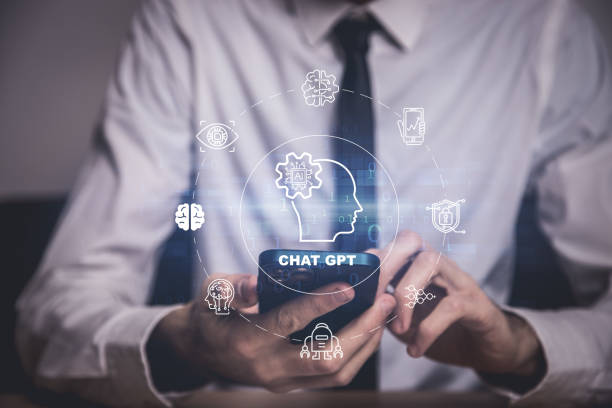Lately, it seems every article about healthcare discusses the potential of artificial intelligence (AI). Despite the buzz that “AI is the future of healthcare,” the pharma industry has been relatively slow to adopt AI—for good reasons.
Artificial intelligence is aptly named.
Technology companies would have you believe that soon all copy, design, UX, and development will be created and built using AI. Humans will be relegated to supplying “inputs” into the “content-generating” function. For example, a copywriter puts in a set of criteria (“write a paragraph introducing Product X as a weight-reducing breakthrough”), and AI technology combs through data in published sources—from JAMA to Reddit—then “writes” content in what is assumed to be a logical presentation. The only catch? The “intelligence” it provides has been “artificially” gathered. There is no checking on whether sources are credible and assumptions are accurate. The content may read well but it may contain falsehoods that put your customers’ health at risk and your company liable for lawsuits.
Did you hear about the lawyers who used ChatGPT to source legal precedents?
Recently, two New York lawyers (and their clients) learned the hard way why you can’t use AI-generated content without checking sources. They relied on AI to provide legal precedents for their case which turned out to be, frankly, bogus. They may now face disbarment. Imagine the consequences and repercussions if marketers responsible for new pharma launches were to do the same.

AI industry experts are asking for regulation and oversight.
From elected officials to the creators of AI technology, noteworthy authorities are sounding the alarm about the possible dangers of AI. The Center for AI Safety recently released a statement encouraging the regulation of the use of AI across industries. “Mitigating the risk of extinction from AI should be a global priority alongside other societal-scale risks such as pandemics and nuclear war.” Read the list of distinguished signees.
Where does your current advertising agency stand on the use of AI?
At RealityRx, we will never subject clients or their customers to the uncertainties of unchecked AI-generated content. Period. That said, we do embrace potential uses for AI that can make certain marketing functions more efficient and effective. Here are ways to safely incorporate AI into your pharma marketing strategy:
-
- Understand AI’s pros and cons: When considering a specific AI tool or application, first clearly understand its possibilities and limitations. How will it help you achieve your marketing goals? Will it help you better identify patient groups? Or will it mislead due to inherent bias? These are important questions to ask and answer before building any AI function into your marketing process.
- Use AI to enhance, not replace, human productivity: While tools like ChatGPT can provide writing and grammar recommendations, AI should never be relied on for fact and/or source checking. View AI as a way to support and assist content creators—from medical writers to copywriters. However, it should not take control of the process or replace the oversight, experience, and knowledge humans provide.
- Ensure proper training on the use of the AI tool: Your advertising agency and marketing partner should have guidelines and training in place for their team that are transparent to you. If and when it is deemed appropriate to use AI-generated copy, your Legal Medical Regulatory team should be made aware and human fact-checking should continue as part of the process.
- Insist on feedback and follow-up to AI solutions: AI tools require continuous monitoring and upgrading to remain effective. You and your ad agency should conduct frequent checks on performance, identify any areas for improvement, and adjust training data accordingly. This will help you maximize the tool’s capabilities and ensure it continues providing value over time.
When used safely and appropriately, AI can help pharma marketers provide patients, providers, payers, and physicians with more personalized and engaging experiences. If your brand team would like to know more about using AI-generated content in pharma marketing. Contact Jon or Hoon at RRx. Let’s talk.

